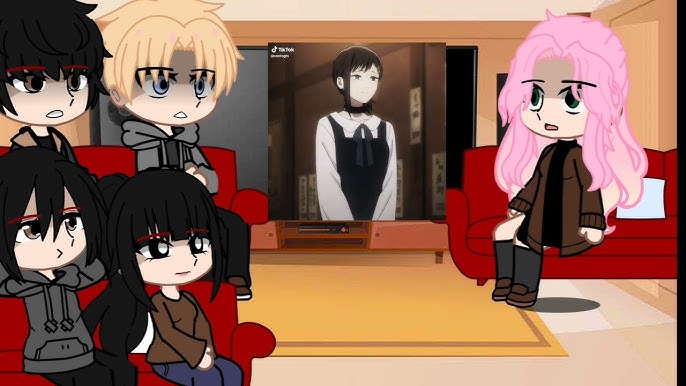The childhood friend complex is a unique emotional pattern where people feel a deep bond, sometimes even romantic, with someone they grew up alongside. This connection feels different from other relationships because it’s rooted in shared memories, innocence, and trust built during formative years. Whether in real life or fiction, these bonds are often portrayed as “meant to be,” but there’s more psychology behind it than simple destiny.
What Does Childhood Friend Complex Mean?
The childhood friend complex is when early friendships leave a lasting emotional mark. As children, people experience life more openly, without the masks adults wear. Growing up together creates familiarity — a sense of “home” that follows into adulthood.
Sometimes this connection becomes romantic. Other times, it stays platonic but unusually strong. Either way, it reflects how early experiences shape the way we see love, friendship, and trust.
Why Do People Develop It?
Humans naturally feel safe with what they know. A childhood friend is someone who has seen your first victories, your mistakes, and your growth. This makes them feel more “real” and trustworthy than strangers met later in life.
Continuous exposure during school, family events, or neighborhood play also builds strong emotional links. These memories form a deep emotional map in the brain, making childhood friends seem irreplaceable even after years apart.
How Nostalgia Fuels This Complex
Nostalgia gives the childhood friend complex its emotional strength. People often look back on childhood as a happier, simpler time. A friend from that period becomes a living reminder of comfort and safety.
For example, meeting an old friend after years can feel like no time has passed, even if both have changed. This warm feeling may not come from actual romantic compatibility but from reliving treasured memories.
Childhood Friend Complex in Stories and Media
Movies, dramas, and anime frequently use this theme because it resonates emotionally. In Japanese culture, it’s called “osananajimi,” a common storyline where childhood friends compete with new love interests.
Western films also romanticize the idea — the character realizes the love they sought elsewhere was beside them all along. While these stories are heartwarming, they often create unrealistic expectations in real life
Positive Sides of the Complex
Not all effects of the childhood friend complex are negative. These bonds often provide unmatched trust and emotional support. People who keep such friendships feel less lonely and more grounded.
When these friendships turn romantic, they sometimes form very stable relationships. Years of knowing each other’s strengths and weaknesses make communication easier and loyalty stronger.
The Challenges and Myths
The childhood friend complex can also create problems. People may assume that shared history equals perfect compatibility. But growing up changes personalities, values, and goals. A friend from childhood may no longer match who you are today.
Another issue is jealousy. If one friend falls in love with someone else, the other may feel betrayed, even if no romance was ever promised. These emotions come from fear of losing a lifelong bond rather than true love.
How to Handle These Feelings
It’s important to separate nostalgia from reality. Ask yourself:
- Are we actually compatible now?
- Do I love who they are today or just who they were in my memory?
Open communication helps. If feelings are mutual, they can be explored honestly. If not, it’s healthier to cherish the friendship without forcing romance. In some cases, reflection or counseling can help manage overwhelming attachments.

Conclusion
The childhood friend complex shows how early bonds shape adult emotions. While these friendships feel magical and unique, they’re not automatically destined to become romantic love. Real relationships need present-day compatibility, not just shared history. By understanding this complex, you can treasure childhood connections while building healthier relationships as an adult.
FAQs
1. What is the childhood friend complex?
It’s an emotional or romantic attachment to someone you grew up with.
2. Is it always about love?
No, it can also just be strong loyalty or deep friendship.
3. Do childhood friends often marry?
Sometimes, but it depends on adult compatibility, not just history.
4. Can it be harmful?
Yes, if it leads to jealousy or unrealistic expectations.
5. How can I deal with these feelings?
Be honest, evaluate compatibility, and don’t confuse nostalgia with love.
Read Also : Epic Games Store: A Comprehensive Guide to the Digital Gaming Platform

